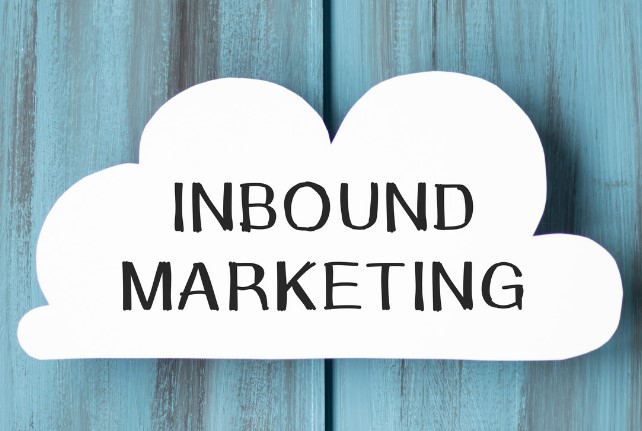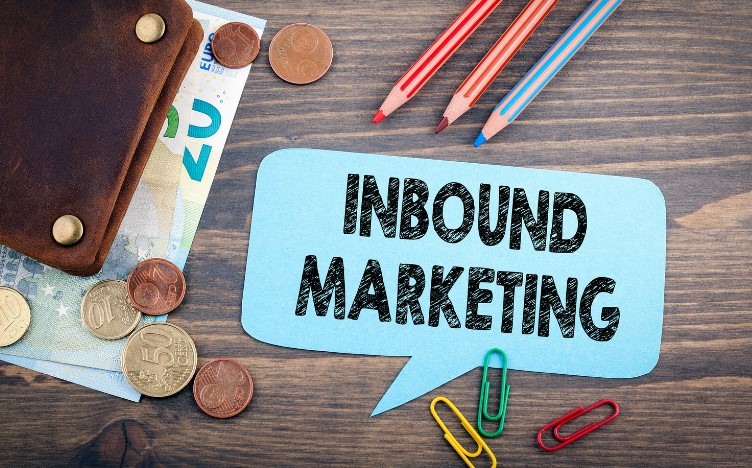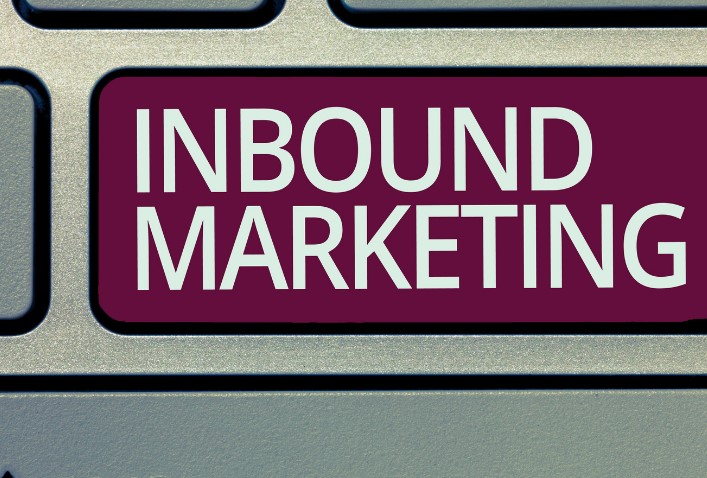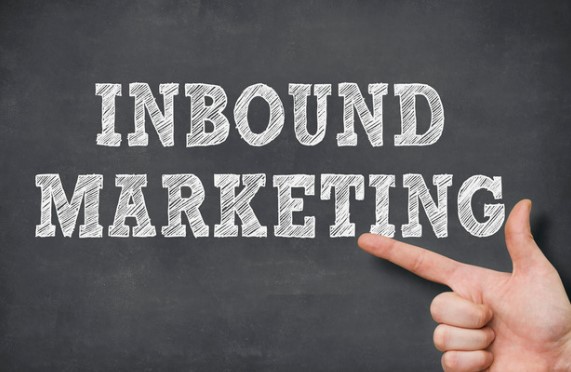Table of Contents
When starting a business, entrepreneurs are faced with various concerns, from costs, sales, marketing, etc. And now with the internet era, the online presence for brands is nowadays essential, because the internet opens endless opportunities, you can hire a specialist in this niche, or even make a Professional Master’s Degree MBA in Digital Marketing, however, there is a topic with which you can start building your digital business: Inbound Marketing.
Introducing Inbound Marketing
If you are new to the world of digital marketing, this term may be unfamiliar. In other words, the Inbound Marketing methodology helps you attract potential customers to your business before they even decide to buy, generating leads or sales opportunities.
This methodology uses a non-intrusive advertising system, i.e., the product is promoted through content that catches their attention, being these, search engines, and social media, among others, usually being more tailored to their requirements and interests, making the customer not feel that your brand is selling directly to them.
 Inbound Marketing, being more tailored to the consumer, can influence their purchasing decisions, being a process that is based more on trying to get their attention than forcing them to consume the advertising content.
Inbound Marketing, being more tailored to the consumer, can influence their purchasing decisions, being a process that is based more on trying to get their attention than forcing them to consume the advertising content.
How does inbound marketing for startups work?
Before you start implementing Inbound Marketing in your marketing strategy you must have a clear definition of Inbound Marketing, once you are clear, you can start either through social media or any of the SEO tools.
 Here is a summary of how Inbound Marketing works according to the software HubSpot:
Here is a summary of how Inbound Marketing works according to the software HubSpot:
Attract: To begin with, the content must be attractive to your future customers, i.e., the first impression you give must be pleasant for them.
Connect: Once their attention has been obtained, these potential customers must be convinced to convert them into prospects. This can be achieved by a call to action or landing pages where they have the possibility of filling out forms. With this information given, you can start building a database.
Tip: To better connect with your target, you need to know what age they are, if they are of a specific generation, e.g., millennials and centennials, if they are parents, the CEO of a company, or if you sell to other companies.
Engage: Once you have the database, you should filter and analyse those that you can convert into a product. This process needs specific tools to perform calculations.
Delight: If you have completed the above steps, it means that you already have the promoters of your company, however, it does not mean that you should neglect them, as they should always feel valued, so they will recommend you to other potential customers.
Strategies for your business
 Blogs and keywords go hand in hand, as they help search engine rankings. On the other hand, you can talk about the quality of the materials for your product, for example, if you sell cloth bags, explain why cotton can be better than plastic.
Blogs and keywords go hand in hand, as they help search engine rankings. On the other hand, you can talk about the quality of the materials for your product, for example, if you sell cloth bags, explain why cotton can be better than plastic.- Influencers are great support for your product, however, it does not have to be the most popular and expensive one, being a start-up, you can look for one with a considerable number of followers and a good reputation, as well as one that fits your needs.
- The quality of your business website and social media can be very decisive for a customer, so always maintain the quality and aesthetics of your sites, as your physical shop is not only the face of your business.
Remember, focus day by day on always offering quality in everything you offer, you will see the results of this in the future.

